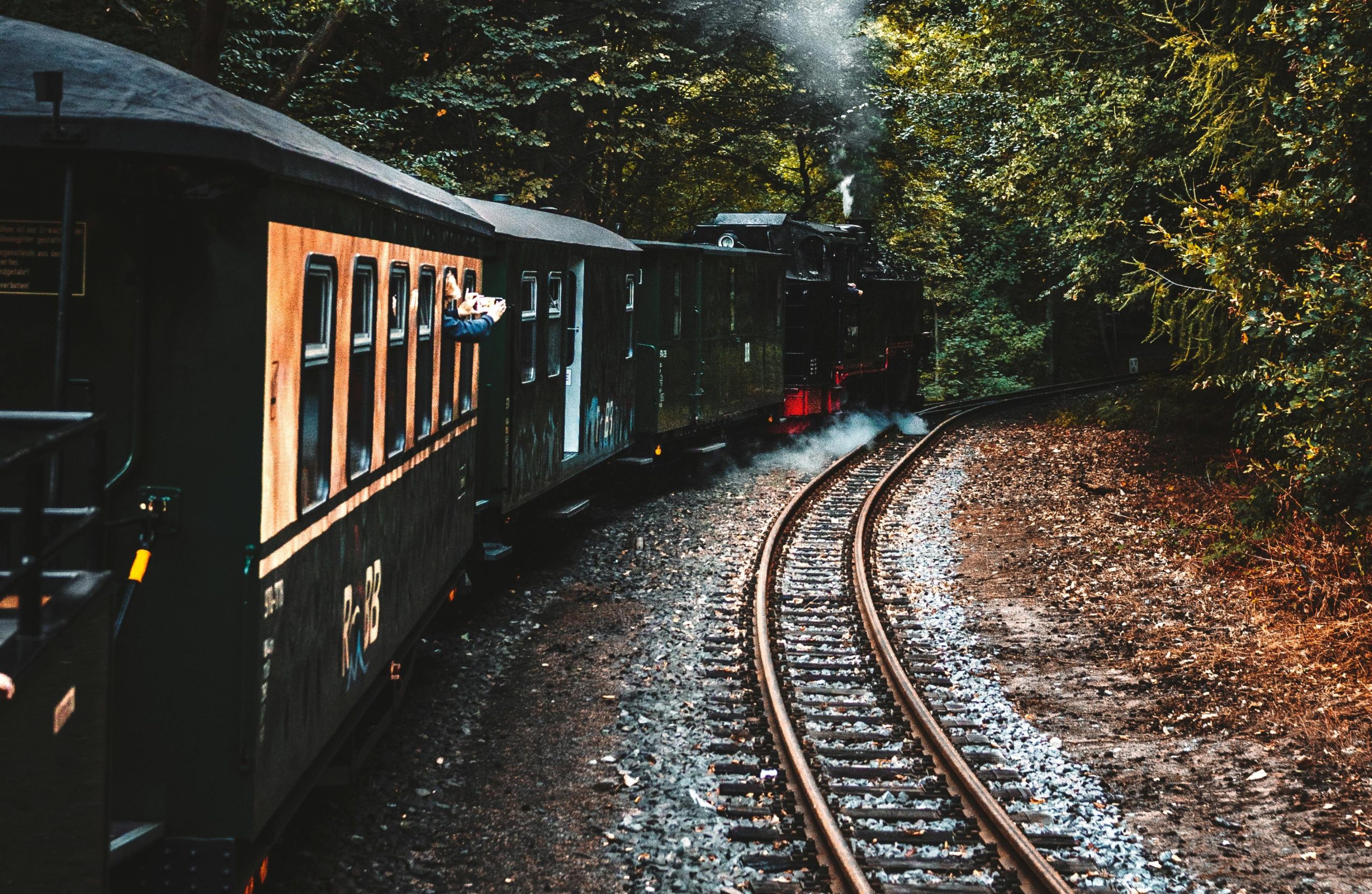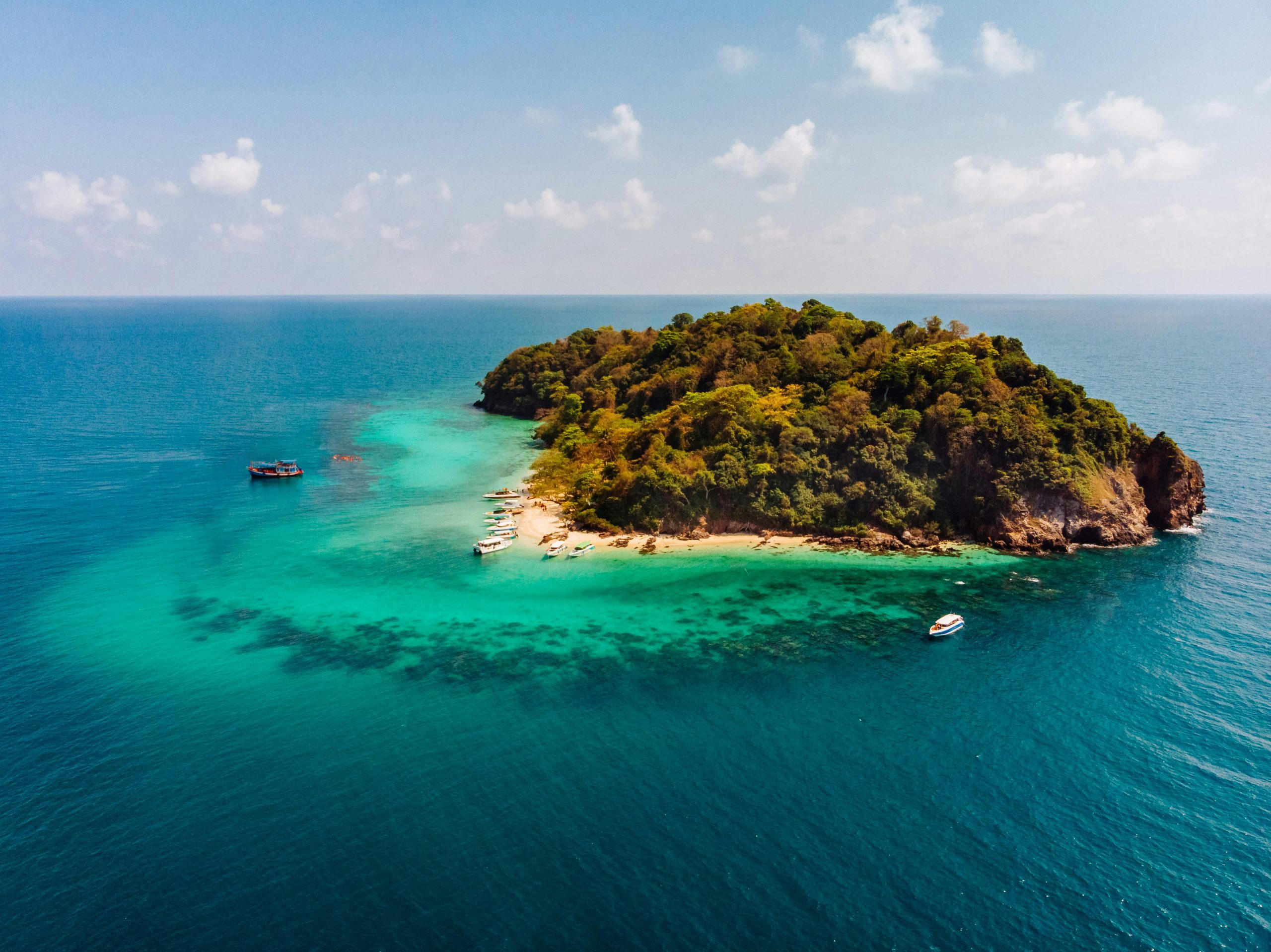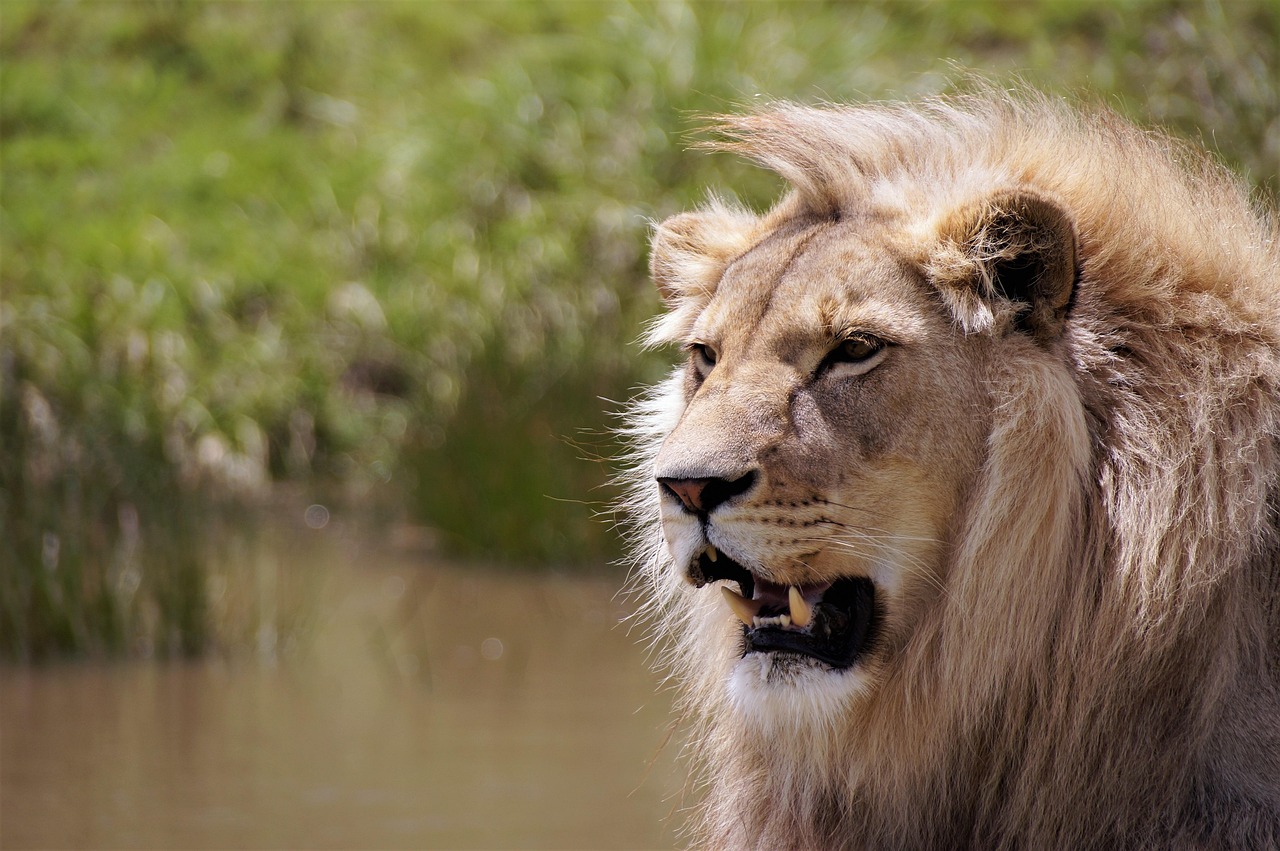Camping is the ultimate escape from everyday life—an opportunity to disconnect, embrace nature, and experience the great outdoors. But while the idea of camping sounds relaxing and adventurous, it requires a bit of preparation to ensure your trip is safe, comfortable, and enjoyable. Whether you’re a seasoned pro or a first-time camper, these camping tips and tricks will help you stay well-prepared for whatever the wilderness throws your way.
Pre-Camping Preparation
Research the Campsite and Weather Conditions
Before heading out, take some time to research your destination. Know the area, the weather forecast, and the types of terrain you’ll encounter. A little knowledge about local wildlife, trail difficulty, and elevation can go a long way in preparing you for potential challenges. Always check the weather beforehand, and pack accordingly, whether you’ll be dealing with summer heat, rain, or cold nights.
Pack the Right Gear
Having the right gear is essential for a comfortable and safe camping experience. This includes a reliable tent, sleeping bag, stove, and first aid kit. Don’t forget smaller items like a headlamp, portable charger, and multi-tool. A checklist can help ensure you don’t leave any essential items behind. Remember, the lighter the gear, the better—especially if you’re hiking to your campsite.
Image by Juan Mendez via Pexels
Safety Tips for the Outdoors
Understand Wildlife and Potential Hazards
Wildlife encounters are a real possibility, so it’s important to educate yourself about the animals in the area. Be aware of how to store food safely, away from your tent, to avoid attracting animals like bears. Know the risks associated with local creatures, such as venomous snakes or insects, and have the right repellents or deterrents in your kit.
Fire Safety
Starting a campfire is a classic part of camping, but fire safety is crucial. Always follow local fire regulations, build fires in designated areas, and ensure the fire is completely out before leaving or going to bed. Carry a fire extinguisher or water to douse it if needed.
First Aid and Emergency Contacts
Accidents happen, so being prepared with a first aid kit and knowing basic first aid techniques is a must. From blisters to minor cuts or sprains, having the right supplies can make a huge difference. Also, let someone know your camping plans and have emergency contact numbers on hand in case of an emergency.
Image by Bianca Gasparoto via Pexels
Comfortable Camping: Making Your Stay Enjoyable
Choose the Right Tent and Sleeping Arrangements
Your tent is your home in the wild, so pick one that fits your needs. Make sure it’s spacious enough for you and your gear and provides protection from the elements. Sleeping pads and quality sleeping bags are essential for comfort, as the ground can be hard and cold at night.
Layer Your Clothes and Manage Temperature Control
Layering your clothing is the key to staying comfortable, especially when temperatures fluctuate throughout the day. Choose moisture-wicking base layers, followed by insulating layers for warmth and waterproof outer layers for rain. Don’t forget a good pair of boots, and pack gloves and a hat for added warmth when needed.
Setting Up Camp for Comfort
While camping isn’t exactly like staying in a luxury hotel, there are ways to make your stay more comfortable. Pack a portable camping chair for sitting around the fire or stargazing. Set up a small cooking station with a camp stove or portable grill, and organize your cooking supplies for easy access. A small hammock or blanket can make those moments of downtime much more enjoyable.
Image by Brady Knoll via Pexels
Staying Organized and Clean
Keep Your Campsite Neat and Hygienic
A clean campsite isn’t just for comfort; it’s also a matter of safety. Keep food sealed and stored properly to avoid attracting animals. Use biodegradable soap and clean up thoroughly after meals. Bring along hand sanitizer and wet wipes for quick cleaning when water isn’t readily available.
Food Storage and Waste Disposal
Proper food storage is essential to prevent attracting wildlife. Use bear-proof containers or hang food high up in trees. Always pack out all trash, including food scraps, to leave no trace. Some campsites have specific waste disposal guidelines, so be sure to follow them.
Maintain Your Gear
Your camping gear will last longer if you take care of it. Clean and dry your tent after use, inspect your sleeping bag and pad for damage, and make sure your stove and other equipment are in working order. Regular maintenance will ensure your gear is ready for the next adventure.
Image by Chulmin via Pixabay
Staying Entertained and Engaged
Fun Outdoor Activities
While camping is all about relaxing and reconnecting with nature, there’s still plenty to do! Whether it’s hiking, fishing, or simply playing games around the campfire, keep yourself engaged with outdoor activities. A nature hike is an excellent way to explore the area and take in the sights. And don’t forget to bring along a few games or cards for some campfire fun in the evening.
Stargazing and Relaxing
Camping provides the perfect backdrop for stargazing. With little to no light pollution, you can enjoy the beauty of the night sky. Bring a stargazing app to identify constellations or simply lay back and take in the peaceful quiet of nature.
Image by Cottonbro Studio via Pexels
Post-Camping: Leave No Trace
Clean Up Your Campsite
When your adventure is over, be sure to leave your campsite exactly as you found it—or even cleaner. Pack out all trash, dismantle your tent, and properly dispose of any waste. Take extra care to put out your campfire completely, ensuring no embers remain.
Respect Nature
Respecting the environment is key to preserving the beauty of nature for future campers. Follow the Leave No Trace principles by minimizing your impact, using established campsites, and leaving the area just as you found it.
Image by Thirdman via Pexels
Camping is an amazing way to reconnect with nature and enjoy some much-needed time away from the hustle and bustle of daily life. By staying prepared, safe, and comfortable, you’ll create an enjoyable and memorable experience. Follow these tips, respect the environment, and you’ll be ready for your next great outdoor adventure!






